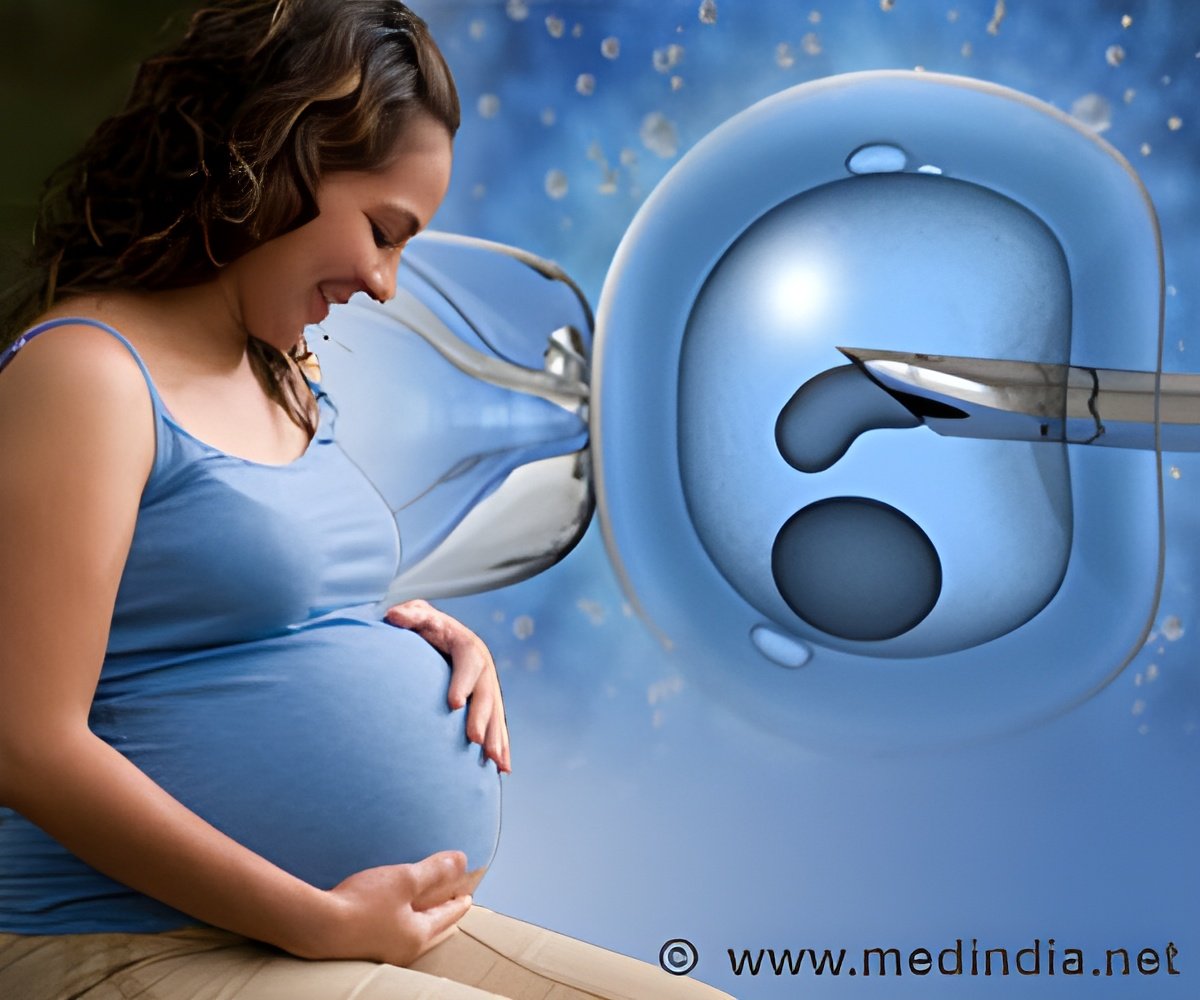
‘Dr. Pascal Gagneux claimed that children born through assisted reproductive technologies have a shorter life span and may develop problems like metabolic syndrome and infertility.’
Tweet it Now
Dr.Pascal Gagneux, an evolutionary biologist at the University of California at San Diego in the US has recently shared his views on these techniques at the American Association for the Advancement of Science meeting in Washington DC.He stated that though IVF has emerged as a popular technique for bearing children, it could soon become a major threat. The life expectancy of test-tube babies is a concern as he reports that these babies may not live for 80 years compared to normal children.
“You can get healthy children using that technique. The jury is out though as to whether those children are going to be healthy 80 years down the line,” said Dr.Pascal Gagneux.
Another technique called intra-cytoplasmic sperm injection (ICSI) involves injecting individual sperm directly into an unfertilized egg. He stated that this method is actually bypassing nature’s way of eliminating defective sperm.
“The choice of the sperm is made by a technician, not by the female physiology. The concern is that by by-passing female choice at the level of sperm selection, we might produce embryos that contain risk factors that we would otherwise not have,” said Dr.Gagneux.
Advertisement
Dr.Gagneux said, “We make several embryos and we wait for them, observe them, for up to five days. During that time these embryos are in a completely artificial medium in a plastic dish.”
Advertisement
Source-Medindia









